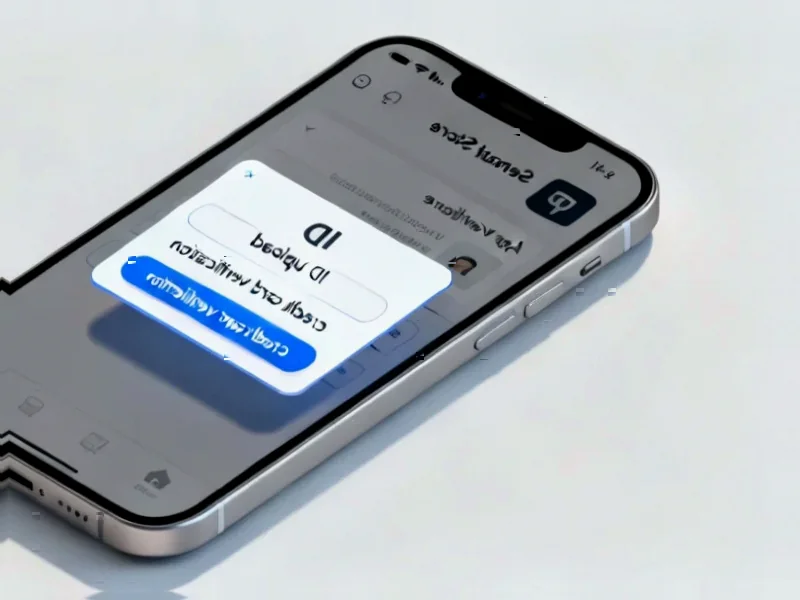According to The Verge, Google and Epic Games have reached a surprise settlement that could fundamentally reshape Android’s app ecosystem worldwide. The deal, announced Tuesday evening, would slash Google’s standard app store fees to either 20% or 9% depending on transaction type and create a new program allowing alternative app stores to become “first-class citizens” in Android. Google Android president Sameer Samat and Epic CEO Tim Sweeney both confirmed the agreement, which must be approved by Judge James Donato on Thursday, November 6th. The proposed changes would apply globally through June 2032—nearly six and a half years—and build on Donato’s earlier injunction that forced Google to stop requiring developers to use Google Play Billing. If approved, this settlement would resolve all outstanding litigation between the two companies while dramatically expanding developer choice across the Android platform.
The fine print
Here’s where things get interesting. Google isn’t just giving up revenue—they’re creating an incredibly complex fee structure that seems tailored specifically for game developers like Epic. The 20% rate applies to in-app purchases that provide “more than a de minimis gameplay advantage,” while everything else gets the 9% treatment. But here’s the catch: Google still gets its cut even if you use alternative payment systems. The proposal explicitly states Google can charge fees when developers use other billing options, and they can even collect when users click out to a developer’s website and pay there—as long as it happens within 24 hours. Basically, Google’s found a way to maintain revenue while appearing to open up the ecosystem. Smart move, or sneaky accounting?
What Epic gets
For Epic, this looks like a massive win on multiple fronts. Tim Sweeney called Google’s proposal “awesome” and specifically contrasted it with Apple’s “model of blocking all competing stores.” The settlement addresses one of Epic’s biggest complaints: those scary warning screens that make sideloading alternative app stores feel risky. Starting with the next major Android release, users will see “neutral language” and be able to install registered app stores with a single click. And developers get to show alternative payment options side-by-side with Google Play Billing, even offering lower prices for choosing non-Google options. This is exactly what Epic has been fighting for since 2020.
The bigger picture
But let’s be real—this settlement reveals how much power Google still holds. They’re opening the gates, but they’re still collecting tolls from every transaction that happens anywhere near their platform. The fact that Google can charge fees even when payments happen on external websites within 24 hours shows they’re not giving up control easily. And while the global scope through 2032 sounds impressive, that’s plenty of time for Google to develop new ways to maintain dominance. The real test will be whether smaller developers actually benefit from these changes, or if the complexity of Google’s new fee structure makes it just as expensive to operate outside their ecosystem. One thing’s clear though: this settlement puts enormous pressure on Apple to make similar concessions. The walled gardens are cracking, but they’re not collapsing yet.




